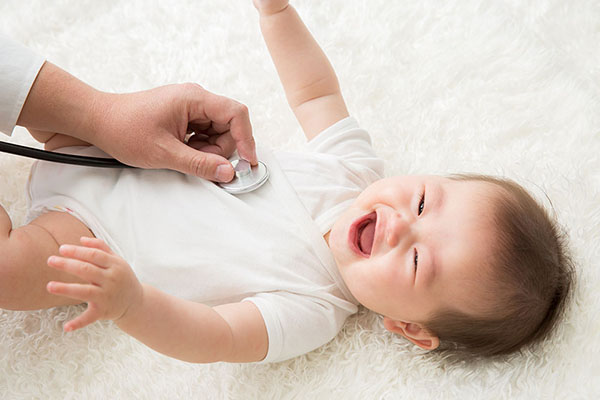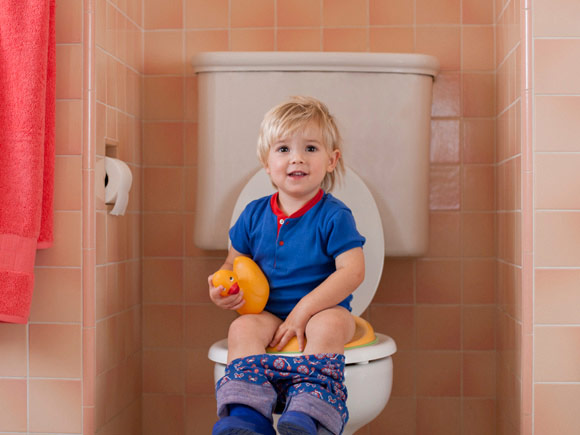News& Information
-
Medical Trends
 Home -> News& Information -> Medical Trends
Home -> News& Information -> Medical Trends
Infantile diarrhea disease is a group of common diseases in pediatrics. The disease is caused by multiple pathogens and factors, and characterized by the increase of stool frequency and the change of stool characteristics. Every year, the number of children under the age of five who die of diarrhea in the world reaches 1.5 to 5.1 million. Diarrhea in children is one of the main causes of malnutrition, growth disorders and death.

Due to the immature digestive system, poor defensive function and artificial feeding, the etiology of diarrhea in children can be divided into infectious and non-infectious.
Viral and bacterial infections are common in infectious factors; fungal and parasitic infections are also present. In addition, some extraintestinal infections can also cause diarrhea - the younger the child the more common.
Among the non-infectious factors, food intolerance and poor digestive absorption are common, as well as allergic diarrhea, drug-induced diarrhea, inflammatory bowel disease, etc. In addition, sudden changes in climate, emotional fluctuations and so on may induce digestive dysfunction leading to diarrhea.

The main symptoms of mild diarrhea are gastrointestinal symptoms, loss of appetite, occasional vomiting, changes in stool characteristics, increased stool times 3-10 times a day. If there is no other systemic symptoms, cases mostly will recover within a few days, and these are often caused by dietary factors and extraintestinal infections.
Severe diarrhea is often acute onset and can also be gradually aggravated and transformed from mild diarrhea. In addition to severe gastrointestinal symptoms (such as vomiting, frequent diarrhea 10 to dozens of times a day, and also could has a small amount of stool blood); there are more obvious dehydration, electrolyte disorders and systemic poisoning symptoms (such as fever, irritation, mental sluggishness, lethargy and even coma, shock), and are mostly caused by intestinal infections.
Clinical diagnosis needs professional doctors to make timely diagnosis according to the season of onset, medical history, clinical manifestations and the characteristics of stool. According to laboratory tests, attention must be paid to find out the cause of the disease and determine whether there is dehydration (degree and nature), electrolyte disorder and acid-base imbalance.
During the treatment, patients should strictly follow the doctor's advice, prevent and correct dehydration, adjust the diet of the children, good nursing, control infection, prevent complications, and cooperate with the syndrome differentiation and treatment of traditional Chinese medicine, massage, chiropractic, etc.,all may achieve good therapeutic effect.




